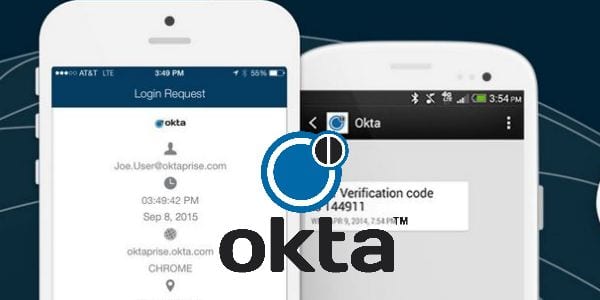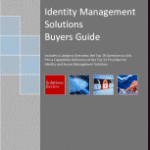Okta Adds Big Data Analytics to Multi-Factor Authentication


Identity Management solutions provider and newly crowned unicorn Okta has debuted a new standalone Multi-Factor Authentication service designed to protect enterprise data and applications.
Multi-factor authentication (MFA) is a technique that adds an additional layer of authentication, beyond username and password. Most often this second step is a card or PIN, an authentication token, or a one-time text message sent via SMS.
The new Okta Adaptive Multi-Factor Authentication service combines a single sign-on solution with analytics to help IT professionals make decisions about authorizing or denying access.
Adaptive MFA uses data generated by Okta’s 2,500 corporate customer’s network and application interactions along with global information security trends to identify potential fraud, abuse, and risks.
Complementary Whitepaper: Protecting Privileged Accounts from Abuse
- Identify the advantages and risks of High-Privilege Access
- Assure security compliance
- Learn to better manage privileged identities
Though Okta is best known for its Identity and Access Management as a service (IDaaS) solution, Okta Adaptive MFA will also be adaptable to work in on-premise infrastructures, or alongside other two-factor authentication (2FA) solutions such as RSA or Symantec.
Okta adaptive MFA is scheduled to roll out immediately.
The San Francisco startup has been busy lately—earlier this week the San Francisco-based startup raised $75 million from existing shareholders in a deal that valued Okta at almost $1.2 billion, a marked increase from the $675 million valuation in Okta’s stock sale announced in June 2014.
The company, which says it has more than 2,500 customers, including LinkedIn, Adobe, MGM Resorts International and Western Union, has now raised about $230 million.























